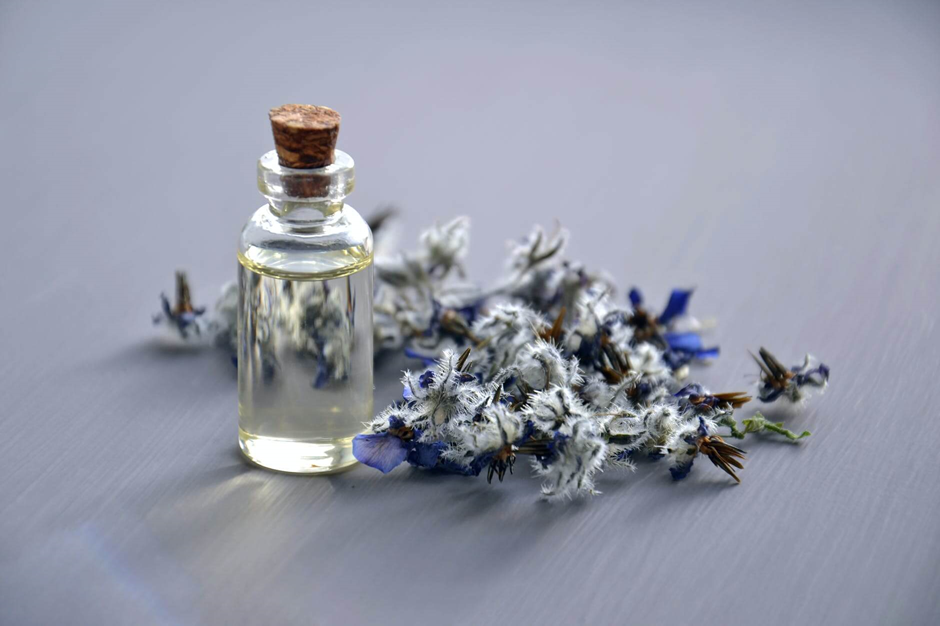Essential oils come in a variety of shapes and sizes. Some plants are renowned for their aromatic qualities, others claim they have powerful medicinal properties. Essential oils are utilized extensively in traditional and folk medicine throughout the world and have long been regarded as powerful by those who practice alternative medicine. However, as they become more widely available, they are becoming more mainstream, especially ones like essential bath oils. The benefits of essential oils are numerous. They have several advantages, such as the following.
Plant extracts are what essential oils are. They're created by steaming or pressing different plant portions to extract the fragrance-producing chemicals. A single essential oil bottle can be made from several pounds of plant material. Essential oils serve a variety of purposes.
Essential oil doses vary dramatically depending on the plant being used. Therefore, it is critical to follow the manufacturer's instructions. If you're creating your own oil, do your study on safe dosages for the particular kind of oil. Many essential oil manufacturers recommend a patch test to determine the optimum dosage for you. This entails putting a drop of oil on an innocuous region of your body — usually the inner forearm — and bandaging it for up to 24 hours. If irritation occurs, remove the bandage and thoroughly wash the afflicted area.
Stress Reduction
Aromatherapy employs a variety of essential oils to help people cope with stress and anxiety. For example, researchers discovered that inhaling droplets of orange oil reduced anxiety in male volunteers.
Headaches
Two short trials from the 1990s discovered that dabbing a peppermint oil and ethanol mixture on the foreheads and temples alleviated headache pain. Recent research has also discovered that applying peppermint and lavender oil to the skin relieves headache pain. Furthermore, treating headaches and migraines using a blend of chamomile and sesame oil applied to the temples has been suggested. This is an Old Persian headache treatment.
Fungal Infections
Early studies on the antibacterial properties of tea tree oil, which have long been championed in traditional medicine, have given promising results. The oil has been used to treat athlete's foot, oral thrush, and fungal infections like candida.
Sleep
Lavender oil has been demonstrated to improve the sleep quality of mothers who have recently given birth and heart disease patients. An analysis of 15 studies on essential oils and sleep looked at the findings. Most research found that inhaling the oils — particularly lavender oil — improved sleep habits.
Immune System
Several essential oils have antioxidant properties. Antioxidants aid in the prevention of free radical damage to cells. This injury can result in life-threatening disorders such as cancer. As a result, scientists are investigating how incorporating essential oils into our meals can help us ingest more antioxidants while simultaneously increasing the shelf life of our food.
Anti-Inflammatory
Essential oils have been recommended as a possible treatment for inflammatory diseases. They have anti-inflammatory properties, according to some test-tube research. In one mouse trial, consuming a thyme and oregano essential oil mixture helped induce colitis remission. Caraway and rosemary oils produced similar benefits in two rat experiments. However, the effects of these oils on inflammatory illnesses have been studied in only a few human trials. As a result, neither their efficacy nor their safety is known.
Outside of aromatherapy, essential oils can be used for various purposes. Many individuals use them to freshen up items like washing or the smell in their homes. They're also utilized in DIY cosmetics and high-quality natural items as a natural aroma. With just a whiff of their scent, essential oils may raise your mood and make you feel good. In rare cases, they may even help lessen the symptoms of certain conditions. Consult an integrative medicine professional for further information on incorporating them into a healthy lifestyle.
Finally, when storing essential oils, bear in mind that light, heat, and air can compromise the oil's integrity. To ensure quality, products should originate from a reputable and reliable source. The user's health is less likely to be jeopardized if they correctly follow directions.






















COMMENTS